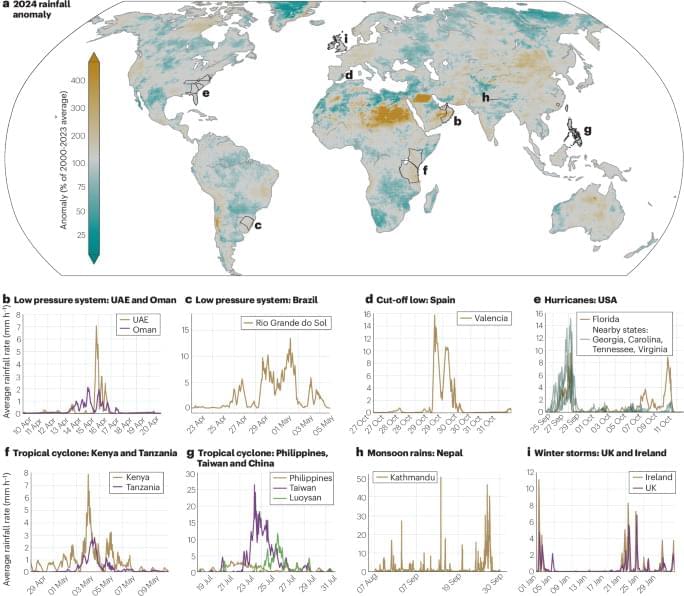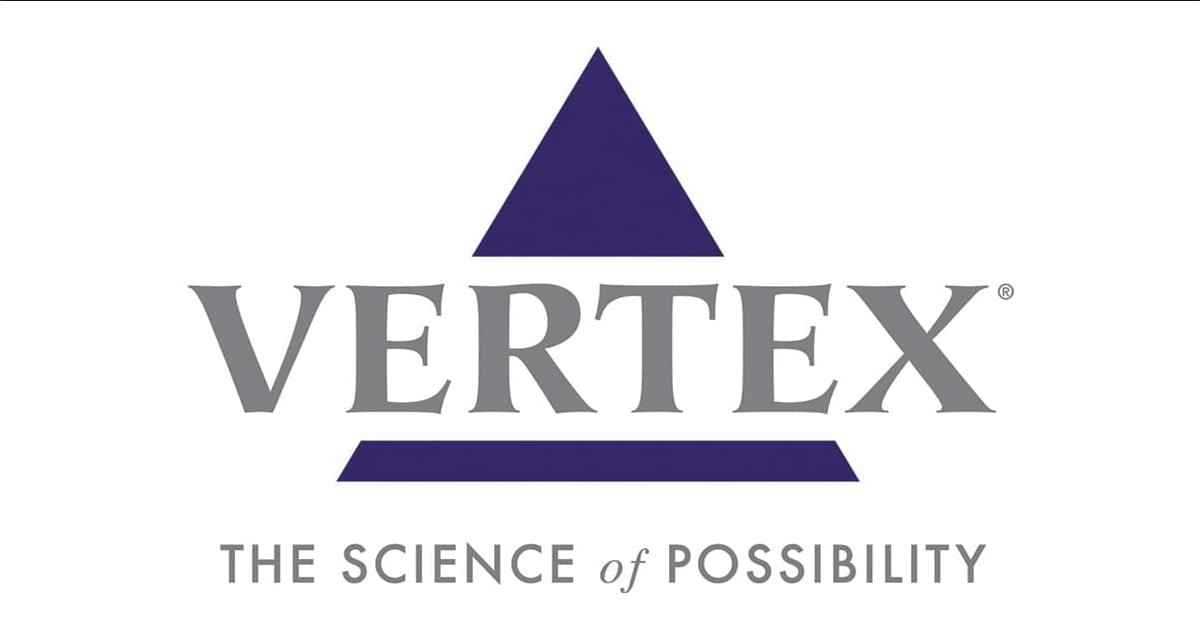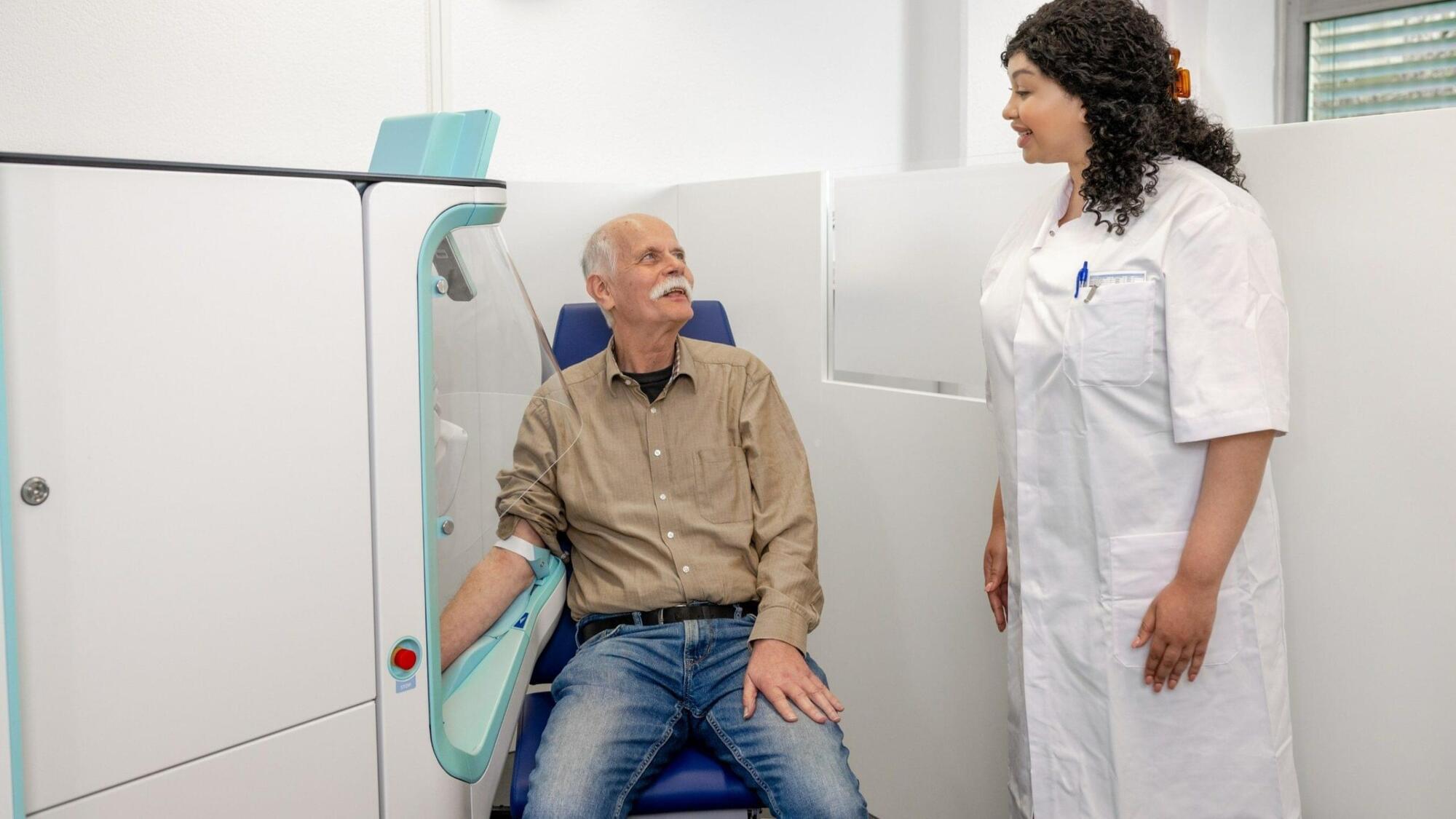2024 was one of the wettest years on record, witnessing record-breaking extreme precipitation events across the globe, several of which were compound events. Extreme rainfalls were unprecedented in arid regions and parts of the Global South, with severe monsoon rains and rapidly intensifying tropical cyclones causing severe casualties and economic losses.








